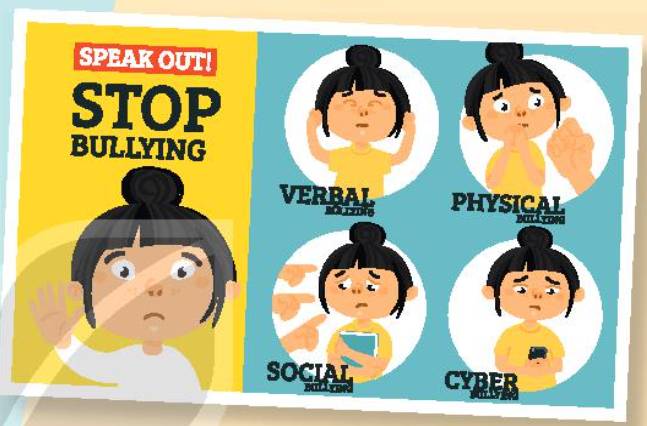Read the following passage, and mark the letter (A, B, C or D) on your answer sheet to indicate the correct answer to each question. The biologist's role in society as well as his moral and ethical responsibility in the discovery and development of new ideas has led to a reassessment of his social and scientific value systems. A scientist can no longer ignore the consequences of his discoveries; he is as concerned with the possible misuses of his findings as he is with the basic research in...
Đọc tiếp
Read the following passage, and mark the letter (A, B, C or D) on your answer sheet to indicate the correct answer to each question.
The biologist's role in society as well as his moral and ethical responsibility in the discovery and development of new ideas has led to a reassessment of his social and scientific value systems. A scientist can no longer ignore the consequences of his discoveries; he is as concerned with the possible misuses of his findings as he is with the basic research in which he is involved. This emerging social and political role of the biologist and all other scientists requires a weighing of values that cannot be done with the accuracy or the objectivity of a laboratory balance. As a member of society, it is necessary for a biologist now to redefine his social obligations and his functions, particularly in the realm of making judgments about such ethical problems as man's control of his environment or his manipulation of genes to direct further evolutionary development.
As a result of recent discoveries concerning hereditary mechanisms, genetic engineering, by which human traits are made to order, may soon be a reality. As desirable as it may seem to be, such an accomplishment would entail many value judgments. Who would decide, for example, which traits should be selected for change? In cases of genetic deficiencies and disease, the desirability of the change is obvious, but the possibilities for social misuse are so numerous that they may far outweigh the benefits.
Probably the greatest biological problem of the future, as it is of the present, will be to find ways to curb environmental pollution without interfering with man's constant effort to improve the quality of his life. Many scientists believe that underlying the spectra of pollution is the problem of surplus human population. A rise in population necessitates an increase in the operations of modern industry, the waste products of which increase the pollution of air, water, and soil. The question of how many people the resources of the Earth can support is one of critical importance.
Although the solutions to these and many other problems are yet to be found, they do indicate the need for biologists to work with social scientists and other members of society in order to determine the requirements necessary for maintaining a healthy and productive planet. For although many of man's present and future problems may seem to be essentially social, political, or economic in nature, they have biological ramifications that could affect the very existence of life itself.
According to the passage, to save our planet, biologists should work
A. with other social scientists
B. accurately and objectively
C. on social and political purposes
D. harder and harder



12. Having retired from work, ____
A. social work interesrts him
B. it is possible for him to engage in social work
C. Mr Brown devotes all his time to social work
D. his interest is social work
13. ____ Ann by phone, James decided to email her
A. Having failed to contact
B. having failed contacting
C. He failed to contact
D. That he failed to contact
14. ____ with Uranium ore, Marie Curie discovered two elements, radium and polonium
A. While being worked
B. while working
C. Since working
D. having worked
15. Nam defeated the former champion in three sets. He finally won the inter-school table tennis championship
A. Having defeated the former champion in the inter-school table tennis, Nam did not hold the title of champion
B. Although Nam defeated the former champion in three sets, he did not win the title of the inter-school table tennis champion
C. Having defeated the former champion in three sets, Nam won the inter-school table tennis championship
D. Being defeated by the former champion, Nam lost the chance to play the final game of inter-school table tennis champion